ygap
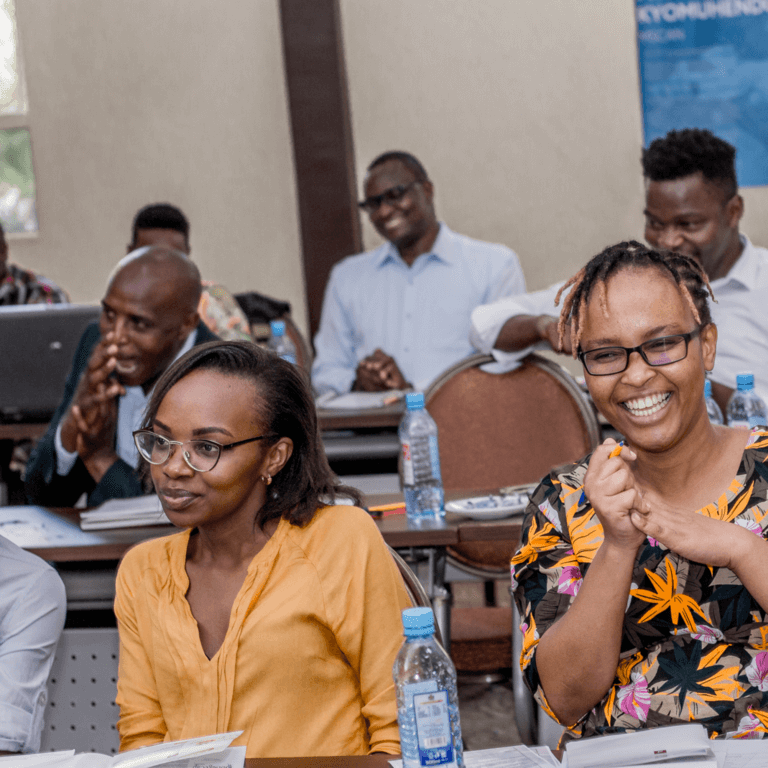
ygap works at forefront of economic empowerment in Kenya and South Africa, investing in the power of local entrepreneurs. ygap makes it easier for entrepreneurs to get capital, particularly those led by women and operating in rural areas.
ygap supports businesses by helping to grow the skills and resources they need to create jobs and attract investment. This is particularly important for women-owned businesses, and ensuring local business practices are sustainable. We are proud to work in partnership with ygap and share their commitment to reducing economic inequality through inclusive growth. To learn more about ygap and its impact, visit their website.
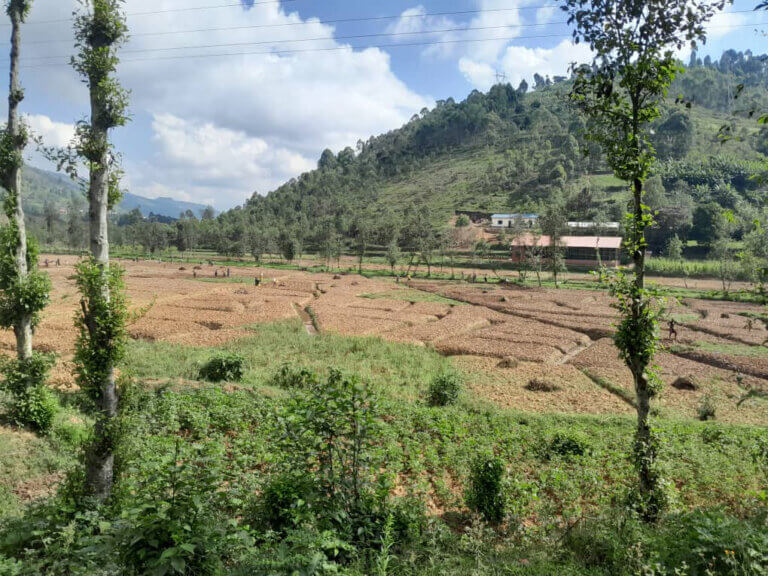
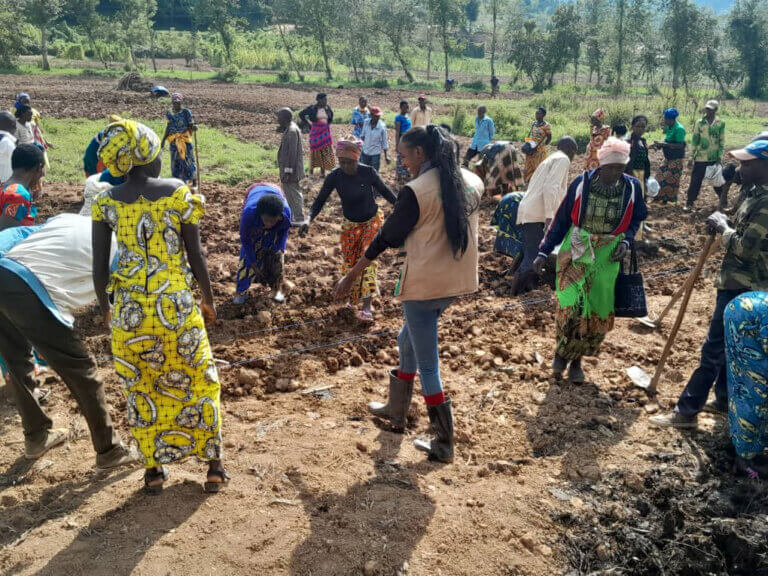

Success stories /
South Africa Venture – Oumie’s Grandè Entrepreneur – Muofhe Ratshikombo
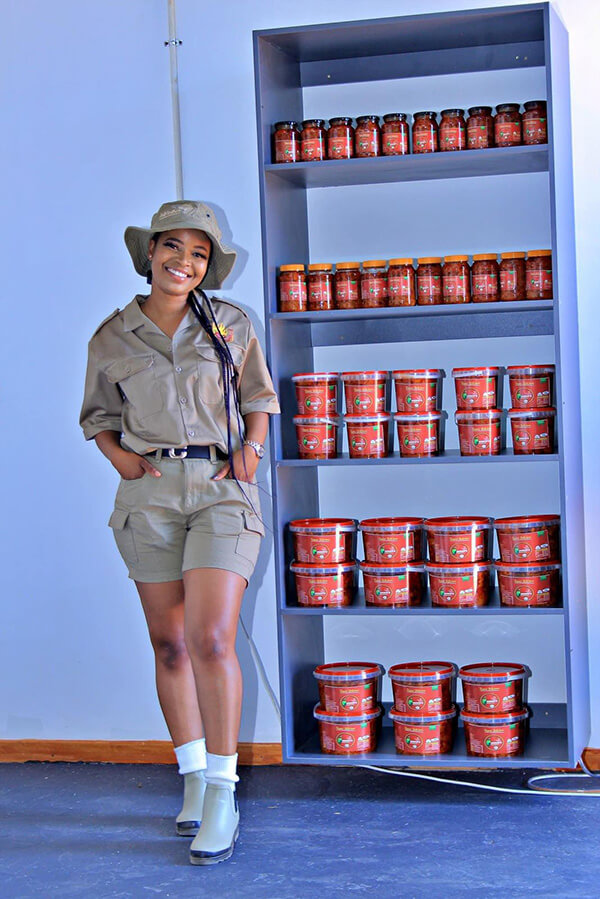
Muofhe Ratshikombo, the founder of Oumie’s Grandè, has embarked on an entrepreneurial journey driven by her passion for people and traditional handmade atchaar. Recognising the limited availability of this beloved condiment, she sought to make it accessible year-round, especially for those who have relocated from their homes and crave a taste of their heritage.
Oumie’s Grandè has evolved into an agribusiness that produces ready-to-eat fruits and vegetables, with atchaar being its flagship product. The company’s commitment to sourcing produce from local farmers who practice organic farming methods supports sustainable agriculture and contributes to the preservation of biodiversity, healthy soil, and reduced carbon footprint. The venture tackles several critical issues in the agricultural sector, notably reducing post-harvest loss, increasing farmers’ income for their raw produce, creating employment opportunities, and promoting sustainable agricultural practices. By processing raw agricultural products into value-added goods, the company extends their shelf life, reduces food waste, and ensures more produce reaches consumers. Through collaborations with local farmers in Nzhelele and neighbouring villages, as well as households, the venture collects organic raw materials during the season, enabling farmers to earn higher incomes and providing them with a more stable and reliable market. Additionally, the company’s processing facilities create jobs in processing, packaging, and distribution, contributing to local economic development and reducing rural-urban migration.
The venture hopes to make several meaningful differences, including:
- Economic Impact: For Farmers: The venture will enable farmers to earn higher incomes, providing them with more financial stability and reducing poverty in rural areas. For the Community, the agribusiness will create job opportunities in processing, packaging, and distribution, contributing to the region’s overall economic growth.
- Social Impact: Employment Opportunities: The venture’s establishment of processing facilities will create numerous jobs, reducing unemployment and improving the quality of life for many individuals in the community. Community Development: Profits from agribusiness can be reinvested into local infrastructure and social programs, fostering further community development.
- Environmental Impact: Sustainability: The venture will implement eco-friendly processing methods and manage byproducts responsibly, promoting sustainable agricultural practices and reducing its environmental footprint. Resource Efficiency: By reducing post-harvest losses, the agribusiness ensures that more resources are utilised efficiently, minimising waste.
Oumie’s Grandè currently supplies products to stores in Limpopo and has expanded its reach through Takealot, an e-commerce platform, to cater to customers in other provinces. This expansion embodies the company’s potential for scalability and further social impact. By embracing sustainable agriculture and local economic development, Muofhe’s entrepreneurial venture serves as a model for positive change, aligning business growth with social responsibility and environmental stewardship.
Muofhe’s acceptance into the International Executive Entrepreneurship Leadership Development Programme, funded by FoodBev Manufacturing SETA and administered by Duke Corporate Education, is a testament to the power of collective support.
Her success is a true embodiment of the African proverb, “It takes a village to raise a child”, with contributions from her family, friends, community, customers, government, and private institutions all playing a vital role. Muofhe’s gratitude for this support is palpable, acknowledging that it has not only helped her overcome challenges but also inspired her to continue striving for excellence.
Revolutionising farming with waste-to-feed innovation in Kenya
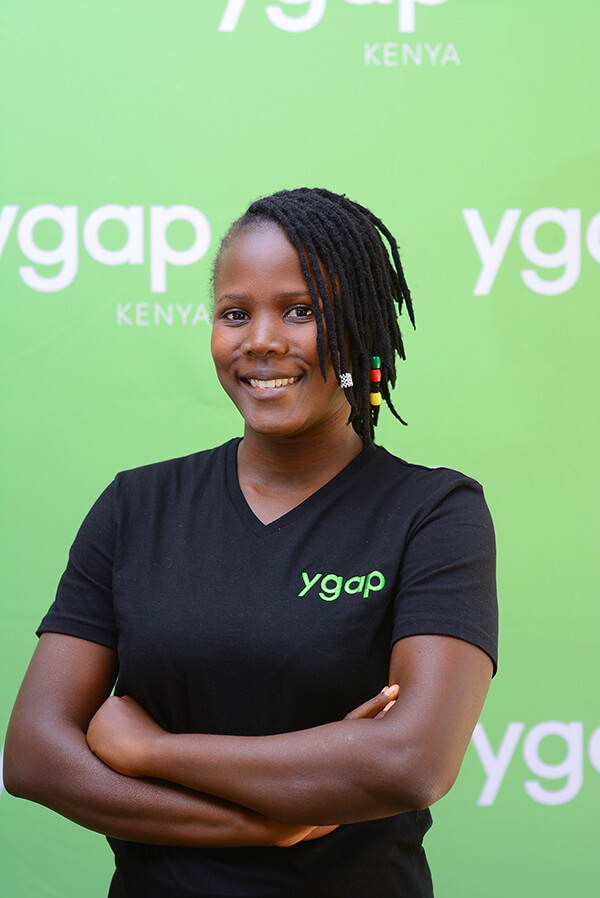
Founded by Caren Jopita, Jopish Integrated Farm is pioneering sustainable agriculture in Nyalenda, Kisumu. Combining poultry farming with black soldier fly (BSF) larvae production, the farm provides high-quality, affordable feeds and organic manure. Additionally, Jopish Integrated Farm engages in vegetable farming, creating a closed-loop system that efficiently utilises organic waste. Since its informal inception in December 2022 and formal establishment in January 2023, the farm has employed a mix of full-time, part-time, and casual workers, directly creating decent jobs for 4 locals.
The farm’s integration of BSF larvae into its operations address’s multiple challenges, including waste management, feed costs, and community employment. Despite facing hurdles in leadership, financial management, digital marketing, and technology integration, Jopish Integrated Farm has leveraged its community-based approach, product variety, affordability, and organic quality to create a strong value proposition.
Key goals for Jopish Integrated Farm include expanding the BSF unit, increasing poultry stock, growing more vegetables, and building a training facility for BSF rearing. The farm aims to convert 2 tonnes of organic waste weekly and train 20 youth and women groups by December 2024. This initiative not only creates jobs but also contributes to reducing greenhouse gas emissions by utilising organic waste for feed and manure production.
Jopish Integrated Farm’s commitment to sustainability and community impact is evident in its efforts to support local poultry farmers with affordable, high-protein BSF larvae feeds. By providing long-term solutions and fostering relationships within the community, the farm is setting a precedent for innovative agricultural practices in Kenya. Its vision is to transform organic waste into valuable resources and create a sustainable future.
Jopish Integrated Farm has made notable advancements since joining ygap early this year. They received a new batch of 350 chicks in early June, now nearing maturity. Their ground garden has thrived, with three-fold seedlings planted and already being harvested. BSF larvae production has improved, yielding 30kg weekly, with 60% sold and the remaining used for their own farm feed. The farm established a network for collecting food waste from local restaurants and fry stalls to feed the larvae, promoting sustainability. Additionally, they hired a new team member to assist with farm tasks, enhancing operational efficiency.
Supporting female entrepreneurs in Kenya and South Africa
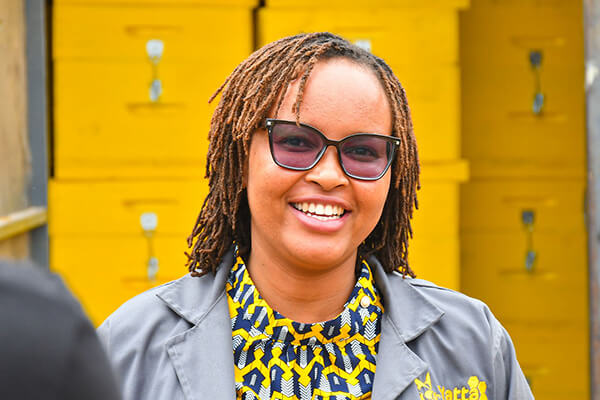
ygap is unlocking opportunities for women entrepreneurs in Kenya and South Africa by providing the mentoring, resources, and networks needed to grow their businesses. Through their accelerator program focused on agribusiness and the yCapital initiative, ygap is providing 0% interest loans to address capital access gaps for African women entrepreneurs. Ygap entrepreneurs in Kenya and South Africa are now averaging 7% revenue growth, creating new jobs in their communities.
Building sustainable food systems at scale in South Africa
Nomfanelo Khanyile launched Esisipho K to transform her passion for farming into a sustainable enterprise. Starting with 15 hectares of leased land, she has grown her operation to include livestock farming, an abattoir, and a processing plant supplying Shoprite stores in KwaZulu-Natal.
By employing local residents and expanding her supply chain, Nomfanelo is boosting rural economic development. Her success through ygap’s program has enhanced her storytelling and business strategies, positioning Esisipho K for expansion into new provinces and export markets.
Overcoming stigma in women’s health services in rural Zimbabwe

Nomfanelo Khanyile’s journey to founding Esisipho K began with free seedlings from a grocery store. What started as backyard gardening in 2019 grew into a thriving agricultural enterprise after she left her banking career. She initially leased 15 hectares from a local chief, later expanding to 45 hectares of owned land.
Today, Esisipho K operates an abattoir and processing plant, supplying A-grade meat to 15 Shoprite stores across KwaZulu-Natal. While machinery limitations challenge her growing demand, Khanyile’s success has earned recognition through multiple pitch competitions, including awards from the Graca Machel Trust, Coca-Cola, and EThekwini Municipality.
Looking ahead, she aims to expand beyond KZN to other provinces and international markets, solidifying her position in South Africa’s agricultural sector.